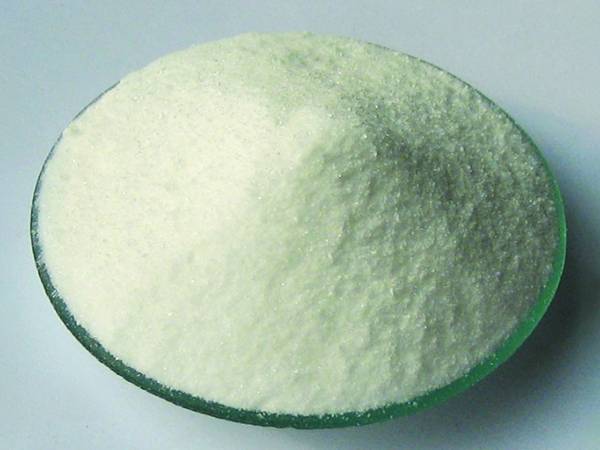



manganic sulphate
Manganic Sulphate Properties, Applications, and Environmental Impact
Manganic sulphate, a chemical compound represented by the formula MnSO4, is an important manganese-containing salt. This sulfate of manganese exists in different forms, including the monohydrate (MnSO4·H2O), which is commonly encountered in various applications. Manganic sulphate is not only significant for its functional properties but also for its role in numerous industrial and agricultural processes.
Properties of Manganic Sulphate
Manganic sulphate is typically a pink crystalline solid that is highly soluble in water. Its solubility makes it a useful compound in various chemical reactions and applications. The compound is often produced as a by-product in the processing of manganese ores. When hydrated, manganese sulfate can form colorless to pale pink crystals, while its anhydrous form is more hygroscopic.
The compound possesses several essential properties that contribute to its effectiveness in applications. Manganic sulphate acts as a source of manganese, an essential trace element vital for many biological functions, including enzyme activity and antioxidant defense mechanisms. In addition to its solubility, the compound exhibits various oxidation states, making it versatile in redox reactions.
Applications in Agriculture
One of the primary applications of manganic sulphate is in agriculture, particularly as a fertilizer. Manganese is crucial for plant growth, aiding in functions such as photosynthesis, nitrogen metabolism, and the synthesis of chlorophyll. Deficiency of manganese can lead to various plant disorders, characterized by stunted growth and yellowing leaves. As a result, manganic sulphate is often added to soil to enhance manganese levels, improving crop yield and quality.
In all forms of agriculture, whether conventional or organic, the use of manganic sulphate has proven beneficial. It is available in granular or powder form, making it easy to apply to soil or as part of a nutrient solution for hydroponics. Its role in strengthening plants' resilience to diseases and environmental stress further accentuates its value.
manganic sulphate

Industrial Uses
Beyond agriculture, manganic sulphate has diverse industrial applications. It is extensively used in battery manufacturing, particularly in alkaline batteries where manganese dioxide serves as a key component. The compound is also a precursor in the production of various manganese salts, which are subsequently used in the manufacturing of ceramics, glass, and paint.
In the realm of metallurgy, manganic sulphate is utilized in the production of ferromanganese alloy, which is crucial for steelmaking. The presence of manganese improves the mechanical properties of steel, making it stronger and more resilient. This application underlines the significance of manganese in modern industrial processes.
Environmental Considerations
While manganic sulphate contributes positively to agriculture and industry, it is essential to acknowledge its environmental impact. The mining and processing of manganese ore can lead to significant environmental challenges, including soil and water pollution. Excessive use of manganic sulphate in agriculture may result in the leaching of manganese into water bodies, potentially causing toxicity to aquatic life.
Thus, sustainable practices must be implemented to mitigate these concerns. This includes careful management of manganese fertilizer use, adherence to recommended application rates, and monitoring soil and water quality. Research into eco-friendly alternatives and practices remains imperative as the demand for manganese continues to grow.
Conclusion
Manganic sulphate is more than just a simple chemical compound; it plays a pivotal role in agriculture, industry, and beyond. Its contribution to agricultural productivity and various industrial processes highlights the importance of manganese in modern society. However, awareness regarding its environmental implications is crucial for ensuring sustainable usage. As we move forward, balancing the benefits of manganic sulphate with environmental stewardship will be key to fostering a sustainable future. Through research and innovation, it is possible to maximize the advantages of this compound while minimizing its ecological footprint.
-
Why Sodium Persulfate Is Everywhere NowNewsJul.07,2025
-
Why Polyacrylamide Is in High DemandNewsJul.07,2025
-
Understanding Paint Chemicals and Their ApplicationsNewsJul.07,2025
-
Smart Use Of Mining ChemicalsNewsJul.07,2025
-
Practical Uses of Potassium MonopersulfateNewsJul.07,2025
-
Agrochemicals In Real FarmingNewsJul.07,2025
-
Sodium Chlorite Hot UsesNewsJul.01,2025










